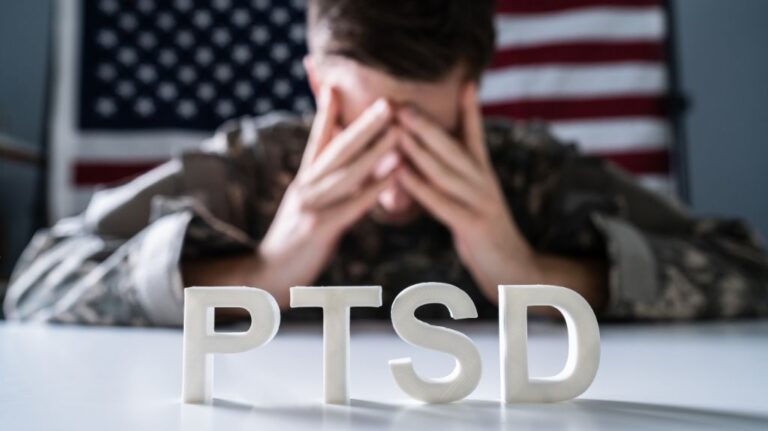The Top 5 Symptoms of PTSD: Recognizing the Wounds of Trauma
Post-traumatic stress disorder (PTSD) is a mental health condition that can develop after experiencing or witnessing a terrifying event. It’s a normal reaction to an abnormal situation, but when the symptoms persist and interfere with daily life, it’s crucial to seek help. While everyone experiences trauma differently, there are some key symptoms that often indicate PTSD. Recognizing these signs can be the first step towards healing and recovery.

1. Re-experiencing the Trauma
This is perhaps the most well-known symptom of PTSD. It’s characterized by intrusive thoughts, memories, nightmares, or flashbacks that transport you back to the traumatic event. These experiences can be so vivid that they feel real, causing intense fear, distress, and physical sensations like sweating, rapid heart rate, or difficulty breathing.
2. Avoidance and Numbing
As a coping mechanism, individuals with PTSD often try to avoid anything that reminds them of the trauma. This can include people, places, situations, conversations, or even internal thoughts and feelings. This avoidance can lead to isolation, withdrawal from activities you once enjoyed, and difficulty maintaining relationships. Additionally, some individuals numb their emotions to escape the pain, resorting to substance abuse or self-harm to disconnect from their internal state.
3. Hypervigilance and Arousal
Feeling constantly on edge is another common symptom of PTSD. This involves being hypervigilant to potential threats, scanning your surroundings for danger, and easily startled by sudden noises or movements. It can also manifest as difficulty sleeping, irritability, and outbursts of anger, making it challenging to relax and maintain emotional control.
4. Negative Thoughts and Mood
The trauma can leave a lasting impact on your worldview and self-perception. Negative thoughts about yourself, the world, and the future can become pervasive, leading to feelings of guilt, shame, worthlessness, or hopelessness. This can further contribute to isolation and make it difficult to find joy and meaning in life.
5. Difficulty Concentrating and Remembering
The intrusive thoughts and hyperarousal can significantly affect your cognitive abilities. Focusing on tasks becomes challenging, and you may struggle to remember important details or complete daily activities efficiently. This can impact your work, relationships, and overall quality of life.
Remember: You are Not Alone
These are just some of the most common symptoms, and not everyone will experience them all. The severity and duration of symptoms also vary greatly from person to person.
PTSD is a treatable condition. Effective therapies like cognitive-behavioral therapy (CBT) and exposure therapy can help you manage symptoms, process the trauma, and regain control of your life.
You are not alone. Millions of people live with PTSD, and there are resources and support groups available to help you on your journey towards healing.
If you are experiencing any of the symptoms mentioned above, please reach out for help. Talk to a healthcare professional, seek support from a trusted friend or family member, or contact a veteran service organization or mental health hotline. Remember, you are not defined by your trauma, and with the right support, you can overcome PTSD and reclaim your life.
If you are a veteran who suffers from PTSD as part of your time in service, you may be eligible for benefits. A VA benefits attorney may be able to help you if you’ve been denied. Contact us today to see if you are a match for an attorney who may be able to help.







